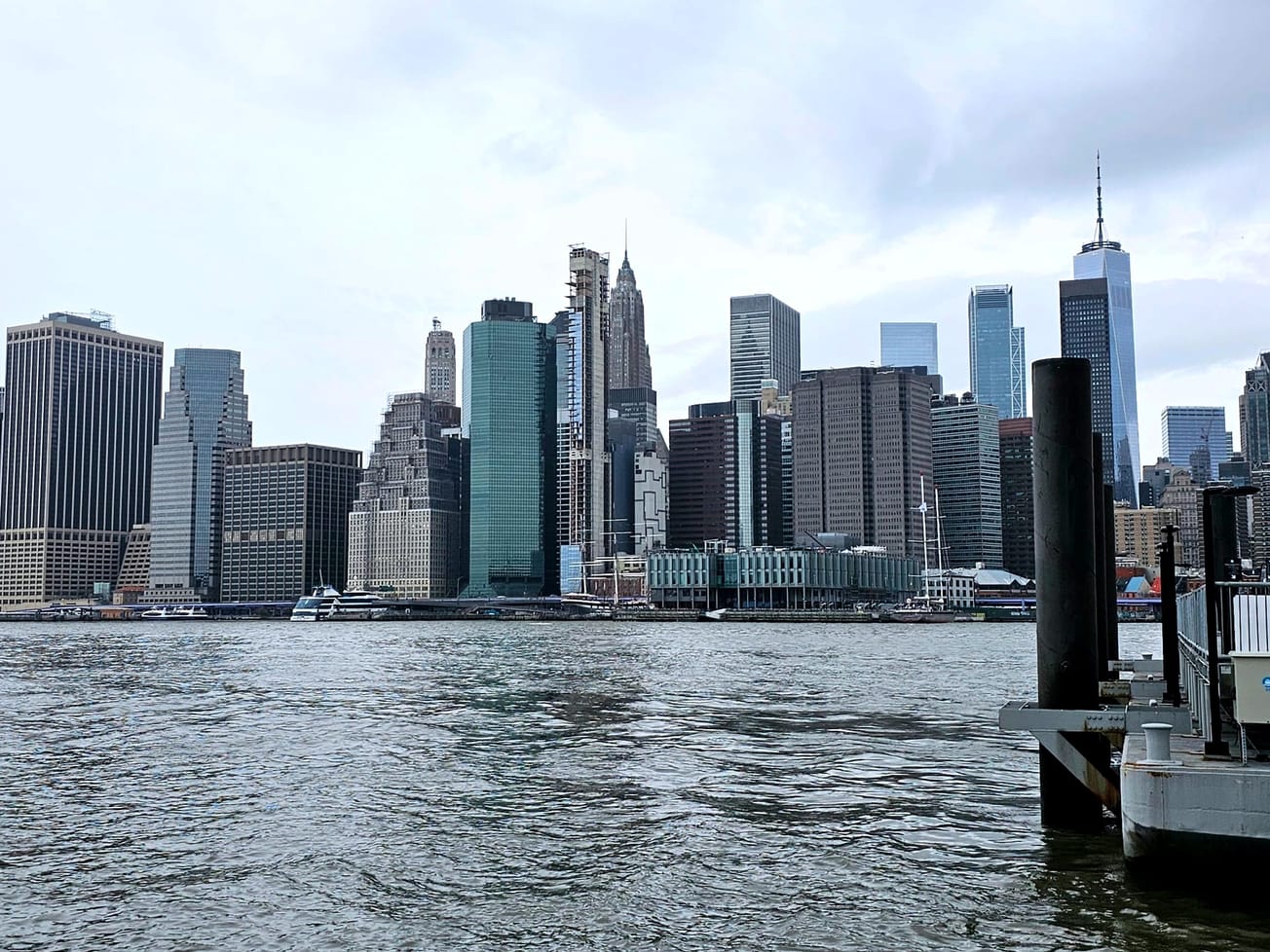BRUSSELS (AN) — The European Union and the United States announced a deal to end the long-running and bitter subsidies dispute between rival aircraft manufacturers Airbus and Boeing, providing a boost to transatlantic relations as E.U. leaders and U.S. President Joe Biden met in Brussels.
The Geneva-based World Trade Organization has presided over the long-running trade dispute for nearly 17 years. The E.U.-U.S. deal would phase out US$11.5 billion in punitive trade tariffs over five years, according to separate announcements from the White House and European Commission.
"Today, with the agreement on Boeing-Airbus, we have taken a major step in resolving the longest trade dispute in the history of the WTO," European Commission President Ursula von der Leyen said. "This shows the new spirit of cooperation between the E.U. and the U.S. and that we can solve the other issues to our mutual benefit.”
Reflecting Biden's pressure on European leaders to stand up to China's increasingly global ambitions, the White House described the deal as a decision for the U.S. and E.U. to "work together to challenge and counter China’s non-market practices in this sector in specific ways that reflect our standards for fair competition. This includes collaboration on inward and outbound investment and tech transfer. Today’s agreement represents a model the U.S. can build on for other challenges posed by China."
The draft deal took two days of talks before Biden arrived for his first E.U.-U.S. summit. The White House said it would bolster "longer-term competitiveness and innovation of a key sector that is one of most important sources of middle-class jobs at home.
The aerospace sector employs over 500,000 workers directly and supports over 700,000 jobs in related industries. Boeing itself employs over 140,000 workers across all 50 states. Through its supply chain, it purchases over 1 billion parts from over 10,000 American businesses."
Today I met with European Council President Charles Michel and European Commission President Ursula von der Leyen and we reached an agreement in the 16-year-long Boeing-Airbus dispute. This deal will ensure a level playing field for American workers and companies abroad. pic.twitter.com/vrJ5ikFbuO
— President Biden (@POTUS) June 15, 2021
Focus on collaboration
For its part, the European Commission said the deal resulted from "an understanding relating to large civil aircraft" that was reached between European Commission Executive Vice President Valdis Dombrovskis and U.S. Trade Representative Katherine Tai, which had the effect of "transforming almost 17 years of disputes into a forward-looking, collaborative platform" for taking on bilateral and global issues.
"Both sides will now seek to overcome long-standing differences in order to avoid future litigation and preserve a level playing field between our aircraft manufacturers, and will also work to prevent new differences from arising," the commission said.
"The E.U. and the U.S. also agreed to suspend application of harmful tariffs worth US$11.5 billion for a period of five years that hurt companies and people on both sides of the Atlantic," it said. "The two sides will collaborate on jointly analyzing and addressing non-market practices of third parties that may harm our large civil aircraft sectors."
The WTO dispute began in 2004 when the United States filed a case claiming that Airbus, a Toulouse, France-based consortium among France, Germany, Spain and the U.K.'s BAE Systems, received billions of dollars in illegal subsidies.
The E.U. responded with a counter case alleging that Boeing, founded in Seattle and now based in Chicago, also received billions in subsidies mainly for research and development.
The WTO has consistently ruled that both sides were unfairly subsidized, prompting both aircraft manufacturers — and the governments behind them — to repeatedly claim a measure of victory.









